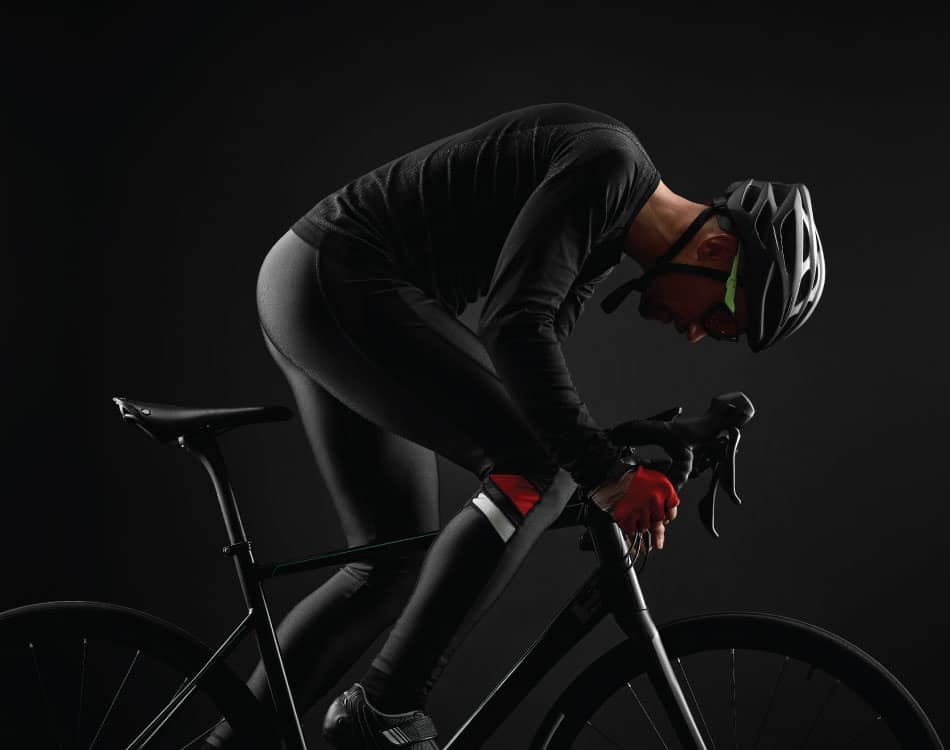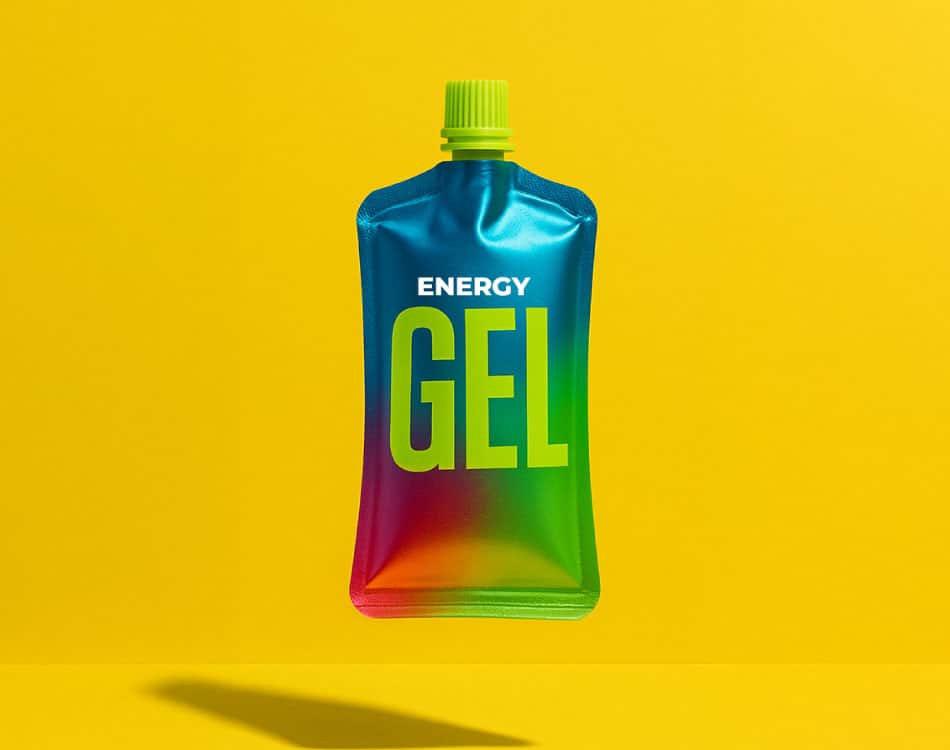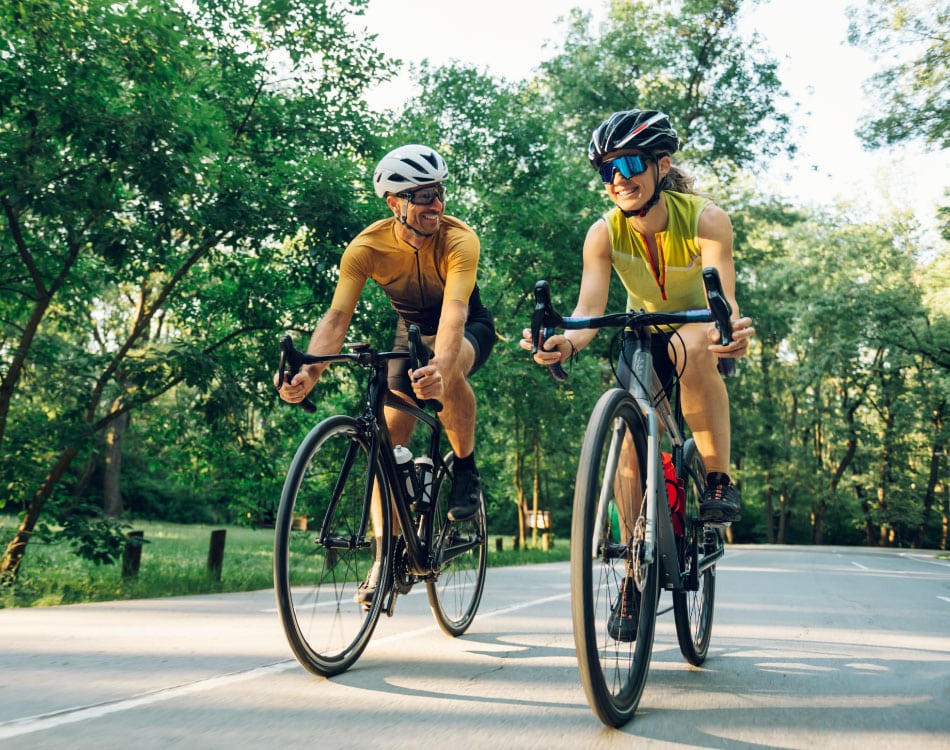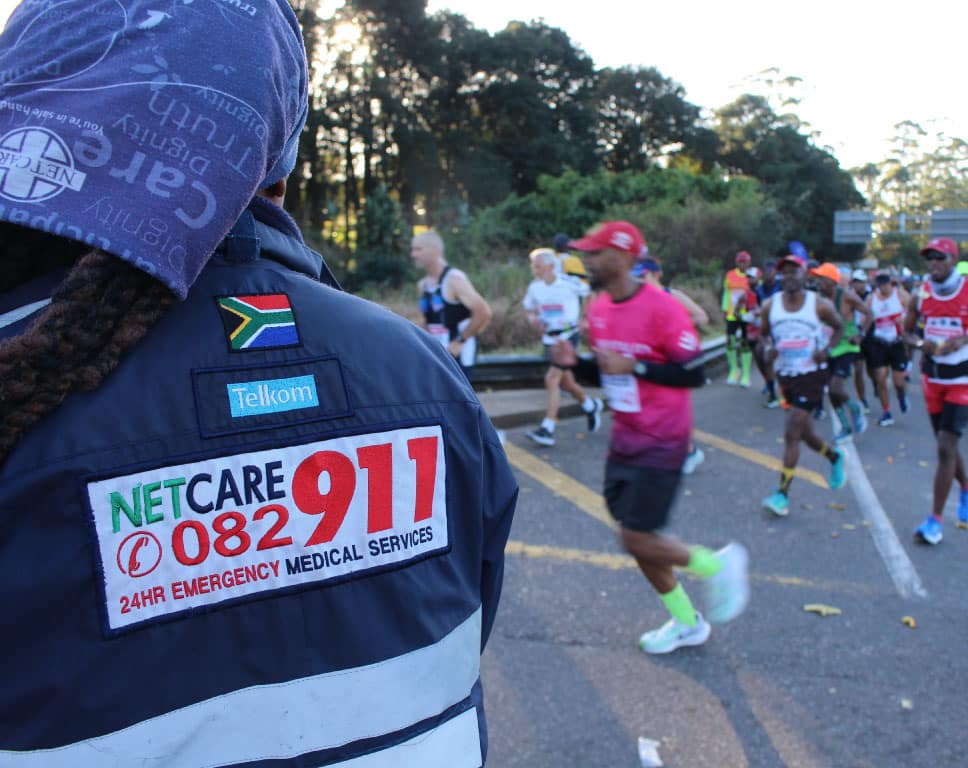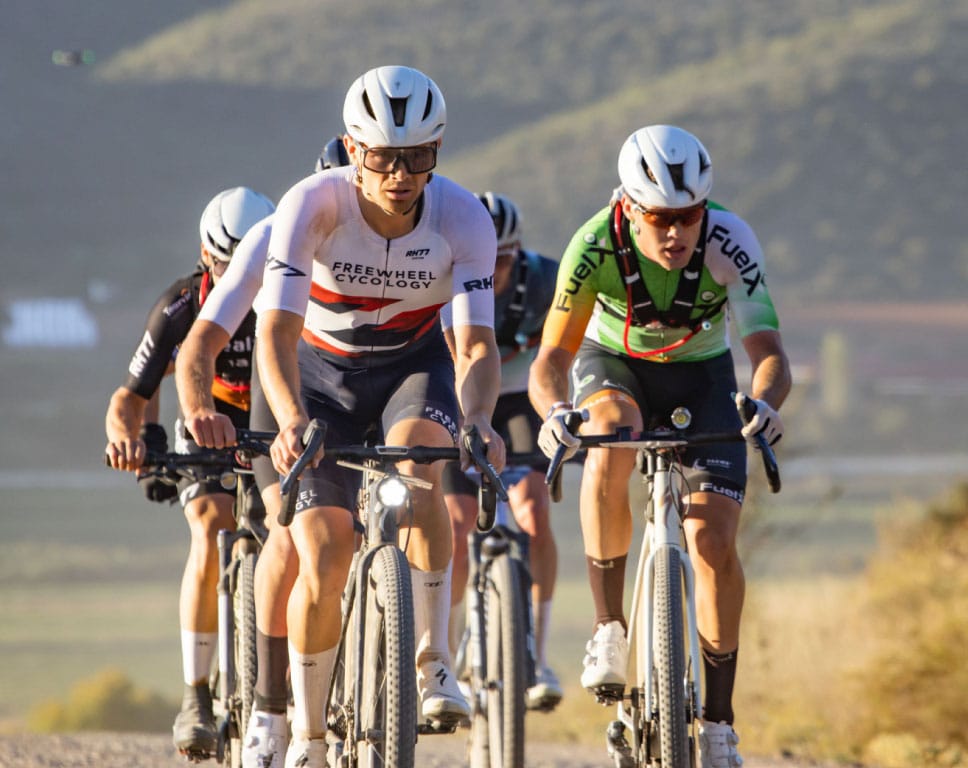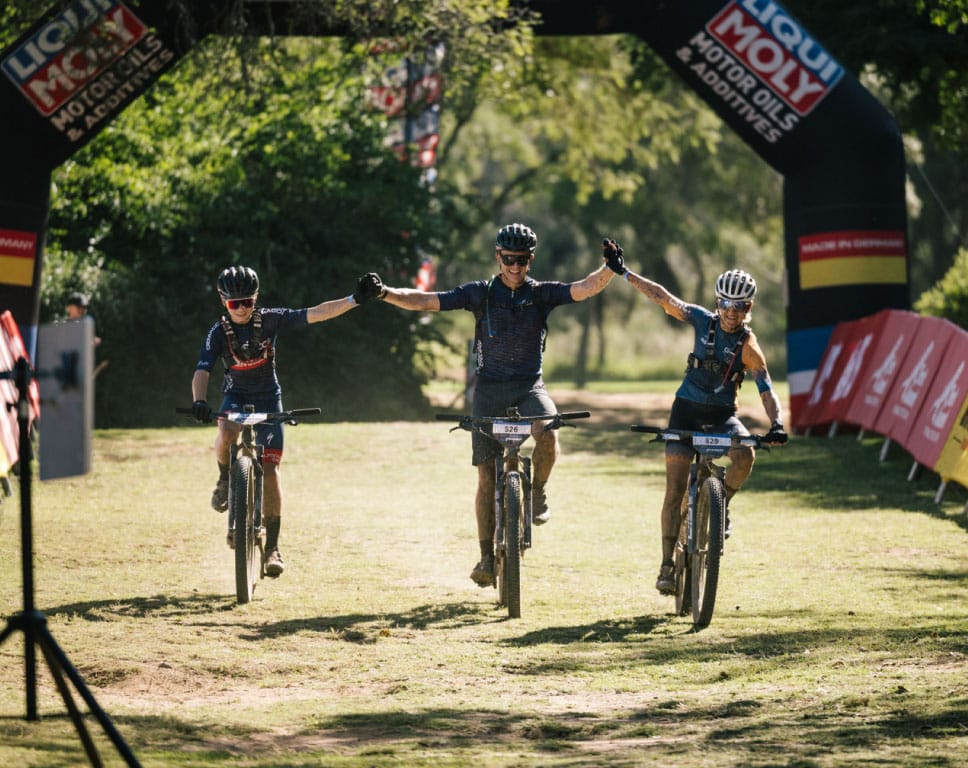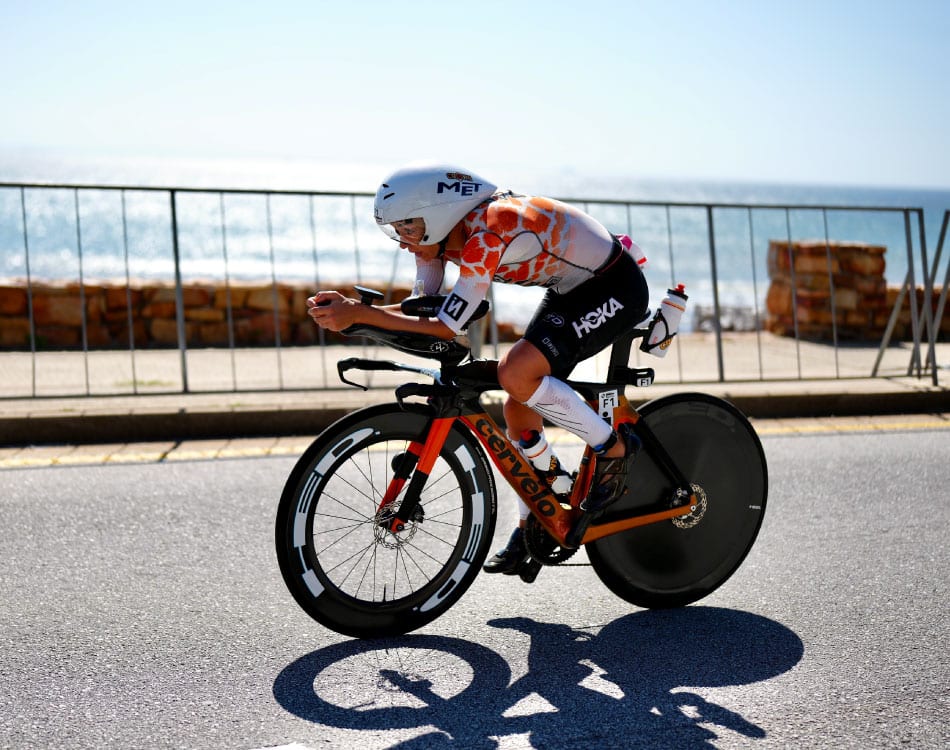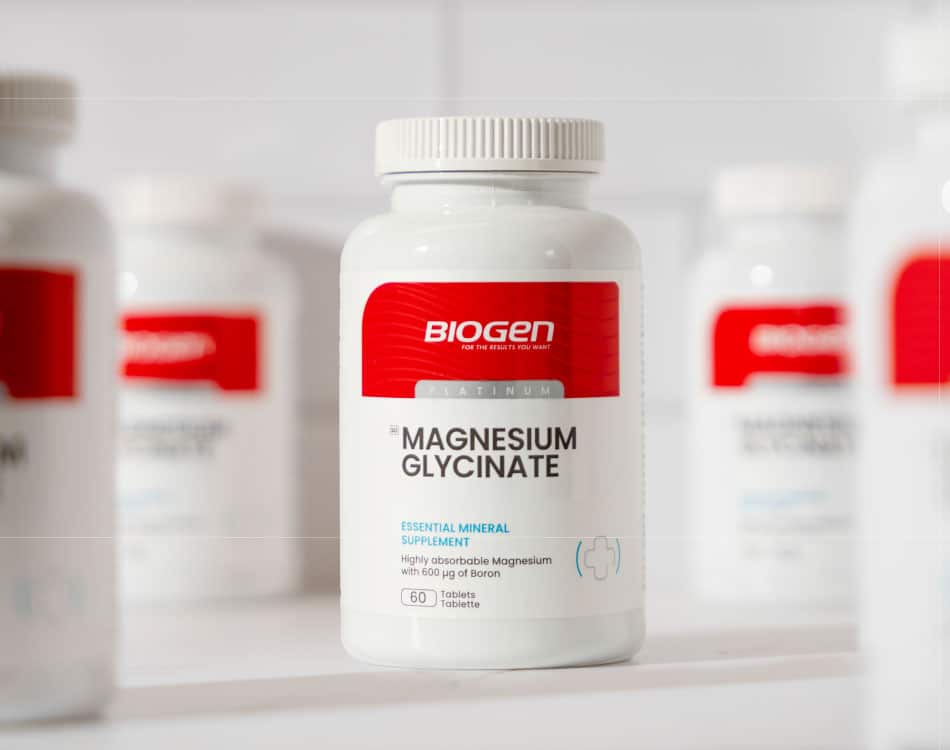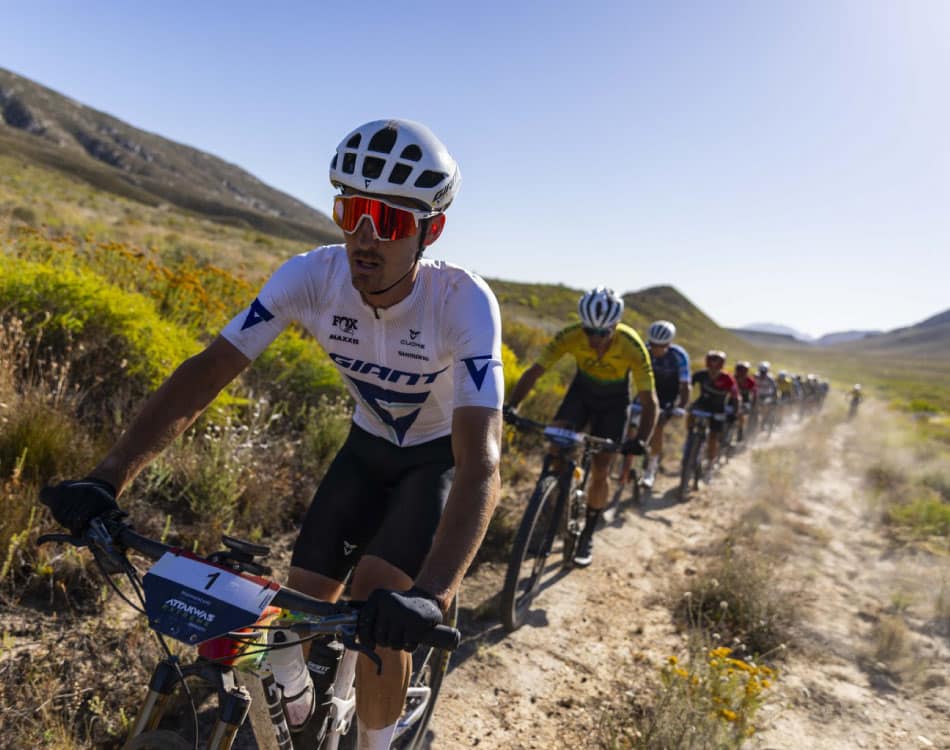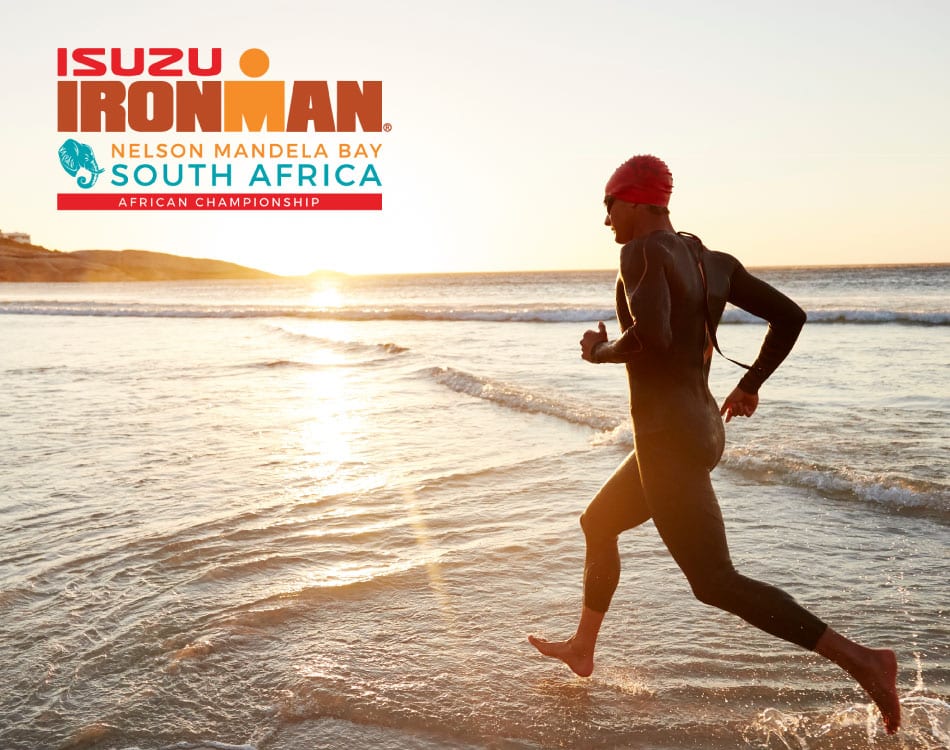Covering 140.6 miles under your own steam may seem like an insurmountable physical feat for most people.
Yet, every year thousands of people, including weekend warriors and former couch potatoes, conquer the daunting full IRONMAN distance to make it to that iconic red carpet.
So how, exactly, does a mere mortal complete the 3.8km swim, 180km ride and 42.2km run in a single day? Simple, one swim stroke, one pedal stroke and one step at a time.
READ MORE | [EVENT] 2022 IRONMAN 70.3 Nelson Mandela Bay
Gearing up to race
With the 2022 IRONMAN African Championship scheduled for 3 April, novice and seasoned triathletes will be deep into their training programmes at the start of the new year.
“When it comes to tackling the mammoth physical undertaking that is an IRONMAN event, I often use the analogy of sitting down to eat an elephant,” explains Steve Attwell, Level 2 Triathlon South Africa and certified Ironman coach, and founder of Embark Triathlon Coaching.
“When it arrives on your plate, it is overwhelming! How on earth do you eat this massive elephant? The answer is simple, though: One bite at a time.”
READ MORE | Entries for 2022 IRONMAN 70.3 Durban are open!
Get some guidance
Attwell recommends that all novice athletes get a qualified coach to help them prepare for race day.
“A good coach will cut your elephant into bite-sized pieces to help you gnaw away at the beast. They do this by breaking down the programme into periodised phases that slowly and progressively build up your fitness to the level needed to complete the race.”
Always check that your coach is certified and has actual race experience. “It is beneficial if they raced on the specific course you plan to race,” adds Attwell.
And as any experienced triathlete will tell you, getting to the start line with the proper training under your belt is more than half the battle won. All that is left is executing your race-day plan.
READ MORE | Unbreakable: The indomitable spirit of Ironman Alwyn Uys
Managing curve balls
An experienced coach will also offer important advice and insights to get you through race day, which inevitably comes with its unique challenges.
“You just don’t know what your body will do after each discipline. Add in wind, heat, and the potential for dehydration, and tough conditions can wipe out your goal in an instant!”
Attwell also believes that an athlete should use their first IRONMAN as a benchmark rather than a race.
“Once you have a finish under your belt, you can then aim to set a goal time and race it. Experience in endurance racing is a definite game-changer.”
READ MORE | IRONMAN African Championship ranked as top global race by participants
Race-day basics
Whichever way you choose to approach race day, there are fundamental tips that every athlete should follow.
Every successful race starts with a solid plan to which athletes should strictly adhere. This should encompass pacing, target interval times during each discipline, as well as target times for each leg and transition, and a fuelling strategy.
An important element in fine-tuning this plan is a race simulation early in the year. With the IRONMAN 70.3 Nelson Mandela Bay taking place on the same weekend as the IRONMAN African Championships, and no confirmed date for the traditional January date for IRONMAN 70.3 Buffalo City, athletes will need to find other options in 2022.
READ MORE | Pro nutrition: Profiling the supplements elite athletes use
Fuelled for success
This race simulation should, first and foremost, test your nutrition plan. Athletes are more likely to experience digestive distress during ultra-endurance events like IRONMAN.
As such, use your preferred supplement brand and products regularly during training blocks to test palatability and tolerance. In general, a drip feed approach is best. This entails eating and drinking early and often, either at set time internals or distance markers.
Fuelling your body with smaller amounts more frequently can reduce your risk of digestive distress while providing a steady supply of energy to replenish glycogen stores, electrolytes to rehydrate and maintain optimal fluid balance, and amino acids to reduce muscle damage.
This fuelling strategy can also help prevent major peaks and dips in energy levels by promoting more stable blood sugar levels. And taking smaller sips more often can support better fluid absorption and may prevent the uncomfortable sloshing feeling in your gut that often occurs later in a race.
READ MORE | Fuel your Ironman 70.3 like James Cunnama
Test and fine-tune
The race simulation is also the ideal opportunity to fine-tune other important elements like your transitions and test out the equipment you plan to use on race day, such as your bike (including your aero setup) and your running shoes – never use any new, untested equipment or gear on race day!
“An IRONMAN 70.3 event also offers a great simulation of the type of race organisation you can expect at the full-distance event, from registration, race briefing, and racking the day before, to the race on the following day,” continues Attwell.
Importantly, a shorter race gives novice athletes an opportunity to experience an open water swim with other athletes in the water.
“Many first-time triathletes fear the swim. I always recommend getting in as much open water practice as possible, and to do this in your wetsuit to mimic race conditions,” suggests Attwell.
While there are a host of open water swimming events on the endurance sport calendar in early 2022, including the Midmar Mile in February, athletes should aim to experience the swells, waves, rip currents, and wind that typically characterise sea conditions.
“And ride your bike, ride your bike, ride your bike! It’s the longest component in an IRONMAN race, both in terms of distance and time. The more exhausted you are coming off the bike on race day, the worse your run will be. You can use biking as easy recovery days because it’s low-impact, which also means you can ride every day,” recommends Attwell.
By following these guidelines, Attwell is confident that every novice IRONMAN athlete will get through the feast. “More importantly, you will savour every bite of your first IRONMAN elephant!”


